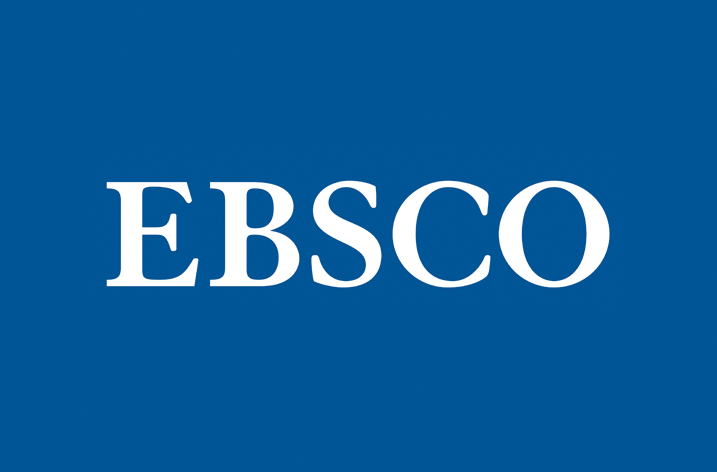
The Public Library of Science (PLOS) today announced that PLOS Water has published its initial cohort of papers. The journal’s mission is to connect researchers across the hydrology, water resources, and water, sanitation and hygiene communities, amplifying a diverse set of voices to influence the global discourse around water. The journal has so far received more than 60 submissions from researchers around the world.
“This is a vitally important area of research. While the amount of water on earth is essentially fixed, demand for water continues to rise with population growth and increasing living standards,” said Jenna Davis, Co-Editor-in-Chief, PLOS Water. “It has never been more important to connect scholars and practitioners working to close the gap in access to water and sanitation services with those focused on managing freshwater resources in a changing climate.”
“We are confident that our broad scope will integrate water sciences and water practices, bringing together in one place research of the highest methodological and ethical standards, from all continents and global regions,” said Pierre Horwitz, Co-Editor-in-Chief, PLOS Water.
PLOS announced the launch of five new journals last year and PLOS Water now joins these journals with papers ready for publication. The journal is underpinned by PLOS’ new Global Equity model designed to remove financial barriers for researchers and institutions across all geographies and funding backgrounds to participate in Open Access and Open Science at PLOS. PLOS is partnering with institutions in this modelto provide unlimited publication support for their authors through a single, annual fee that is based on each institution’s historical research output in the field and is reflective of their regional economy according to their country’s World Bank lending tier. PLOS’ existing fee-assistance program also supports authors who are unable to pay any portion of their publication fees.
“Our journal’s Open Science policies will help establish preprinting and sharing of data and code in water research communities. Early, unrestricted access to vetted data and papers will empower researchers, local and Indigenous communities, water professionals, and organizations from across the globe to take evidence-based action to address some of the most pressing issues our planet faces,” said Suzanne Farley, Editorial Director, PLOS.
The current Editorial Board is comprised of more than 70 Academic Editors and 19 Section Editors representing more than 32 countries. Submissions have been received from researchers in Chile, Uganda, Switzerland, Australia, Eswatini, the US, and 10 other countries, marking the global reach of PLOS Water.
Here are links to four of the papers that PLOS Water just published, as well as one opinion piece:
























